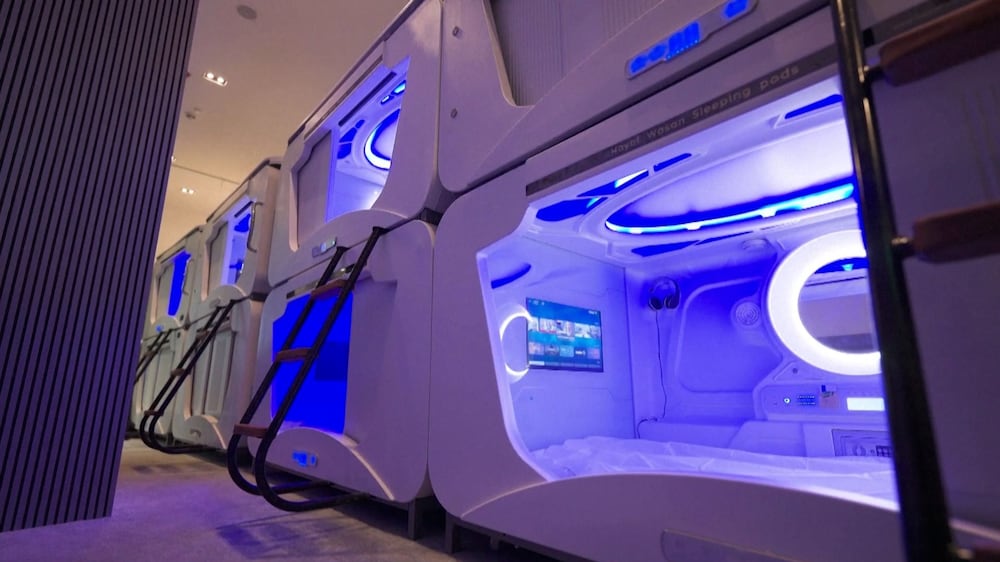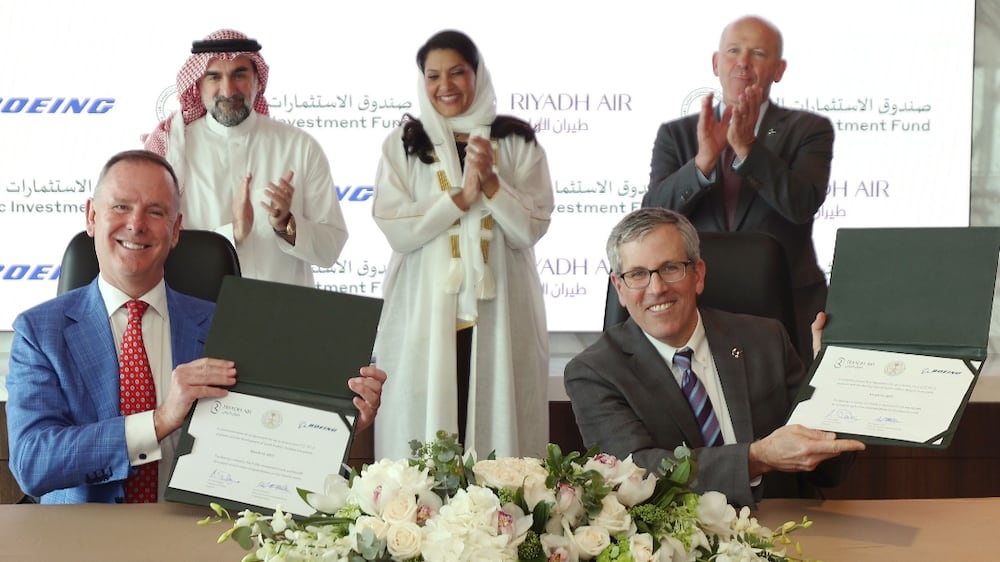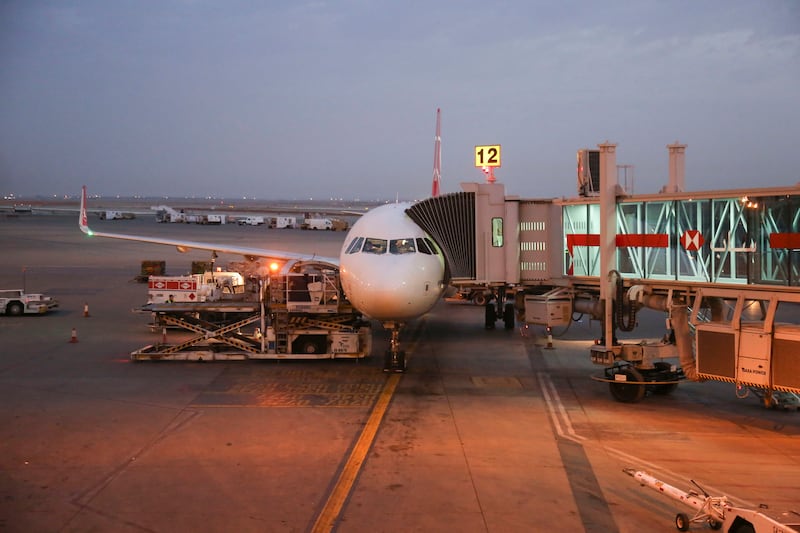Saudi Arabia has introduced reforms to help its aviation sector boost competitiveness, attract investors and increase transparency as part of a transformation plan that aims to attract $100 billion in private and public investments to the industry by 2030.
The new policies set out by the General Authority of Civil Aviation (Gaca) include expanding the qualifying rules for airport operators to help privatise more of kingdom’s airports, the regulator said in a statement on Monday.
Airports' performance will be overhauled, with quality targets linked to a new incentive scheme.
“The regulations create an open, dynamic and competitive market, setting a level playing field for global operators and investors in the kingdom. These changes will create more competition, choice and value for passengers and consumers," Abdulaziz Al-Duailej, president of Gaca, said.
"Gaca's transformation of Saudi Arabia’s aviation economic regulations will drive further investment, growth and performance across the aviation sector."
As part of its Vision 2030 strategy to diversify from oil, the country is seeking to attract more tourists and turn the country into a logistics hub.
It has set a goal for the tourism sector to contribute 10 per cent to gross domestic product by 2030, up from 3 per cent in 2019.
To reach its goals, Saudi Arabia is investing billions of dollars to modernise its airports and buy new planes to improve its air transport connectivity.
Riyadh airport opens sleeping pods for tired travellers

The kingdom expects to attract about 100 million domestic and international visitors this year, with the tourism sector contributing almost 6 per cent to its in 2023, Tourism Minister Ahmed Al Khateeb said this month.
Saudi Arabia is currently home to Jeddah-based national carrier Saudia and its low-cost subsidiary flyadeal.
The country also established Riyadh Air in March to carry more tourists into the kingdom. Riyadh Air is building up its fleet of planes to reach 100 destinations by 2030, after it starts operations in early 2025.
Saudi Arabia's Riyadh Air plans new orders ahead of 2025 take-off

Among the reforms, airports will be allowed to propose charges in line with Gaca's policies, the statement said.
Airports will also have more flexibility to diversify their income by growing non-aeronautical revenue.
Licence processes for ground-handling and air cargo service providers will also be streamlined, Gaca said.
"Foreign carriers will benefit from streamlining processes including the removal of an economic licence requirement for charter flights, reducing the cost of doing business," the authority said.
"A new certificate will also be introduced to allocate international traffic rights on constrained routes for national carriers to ensure equal opportunities."







